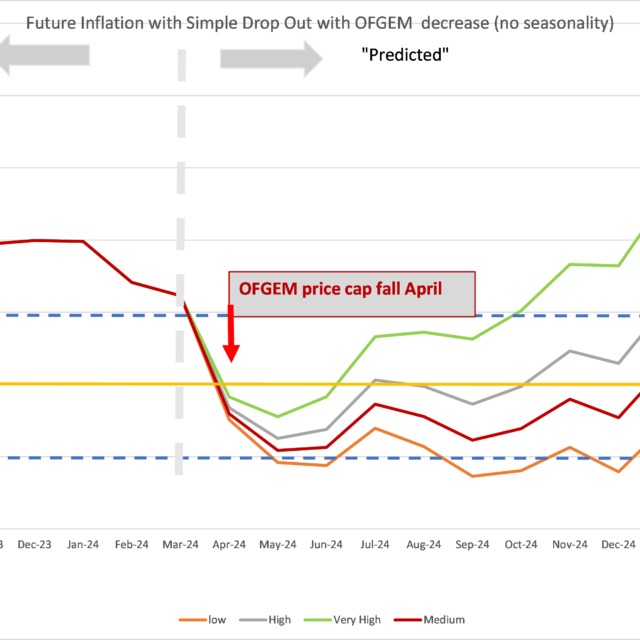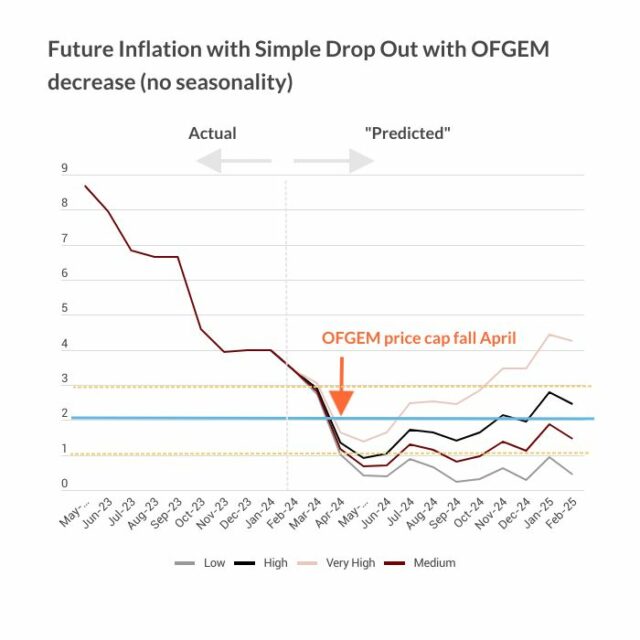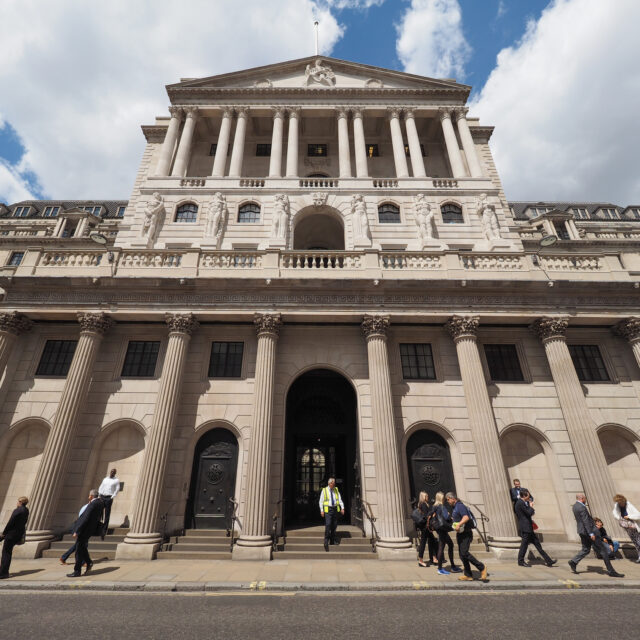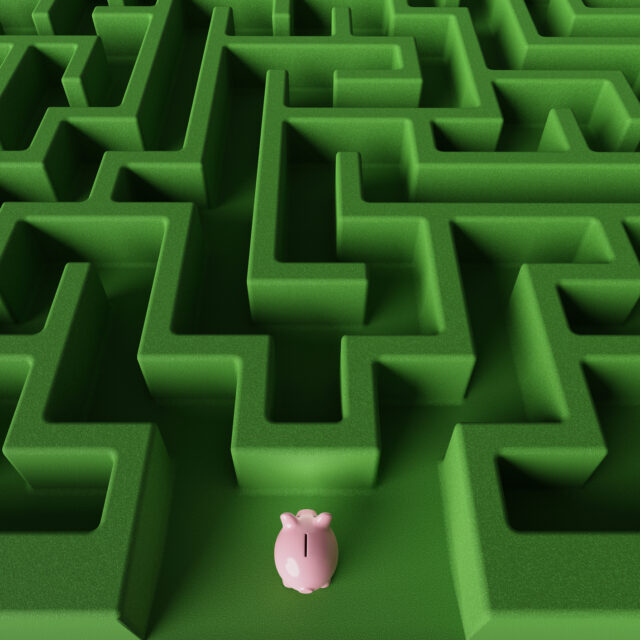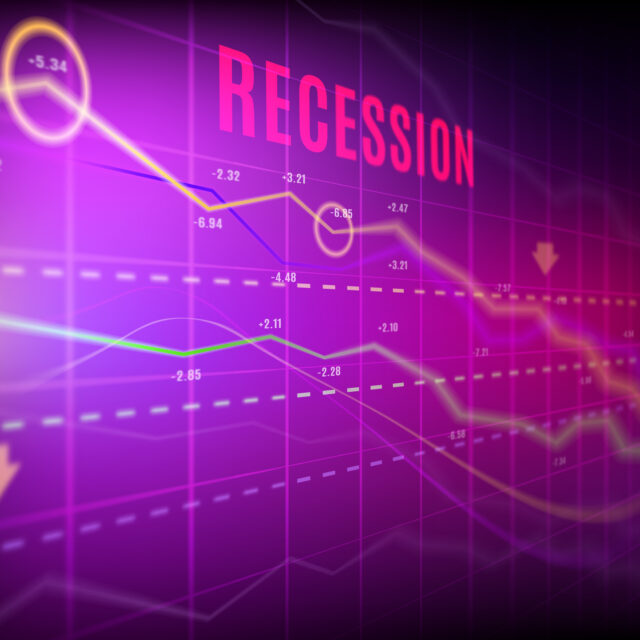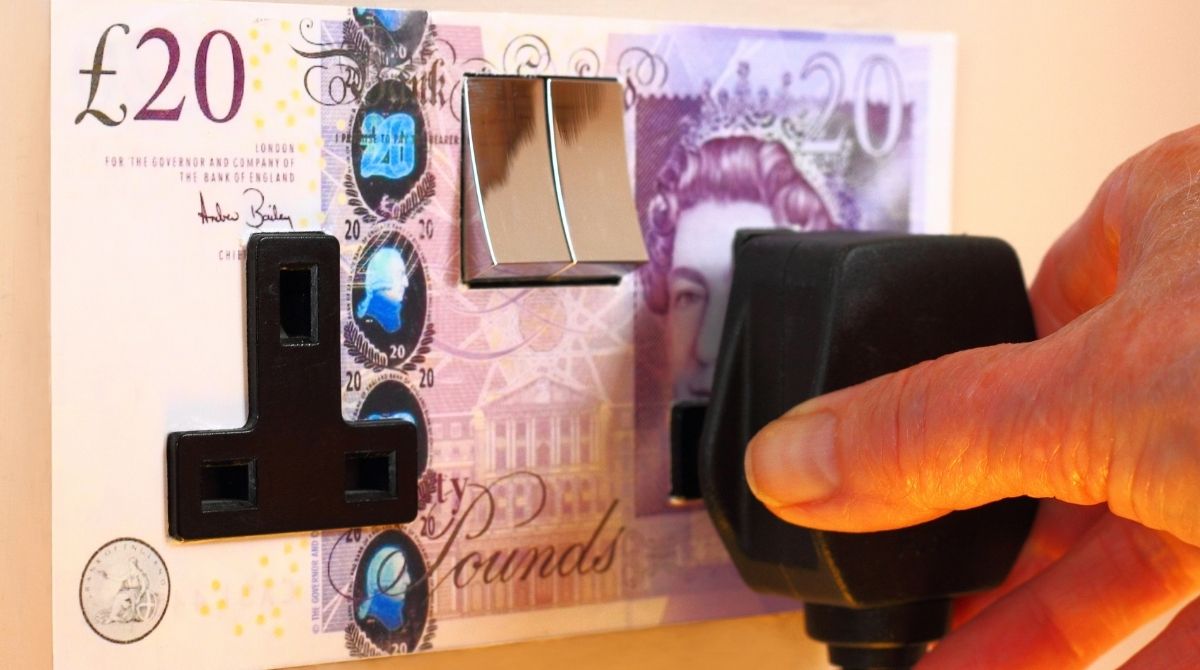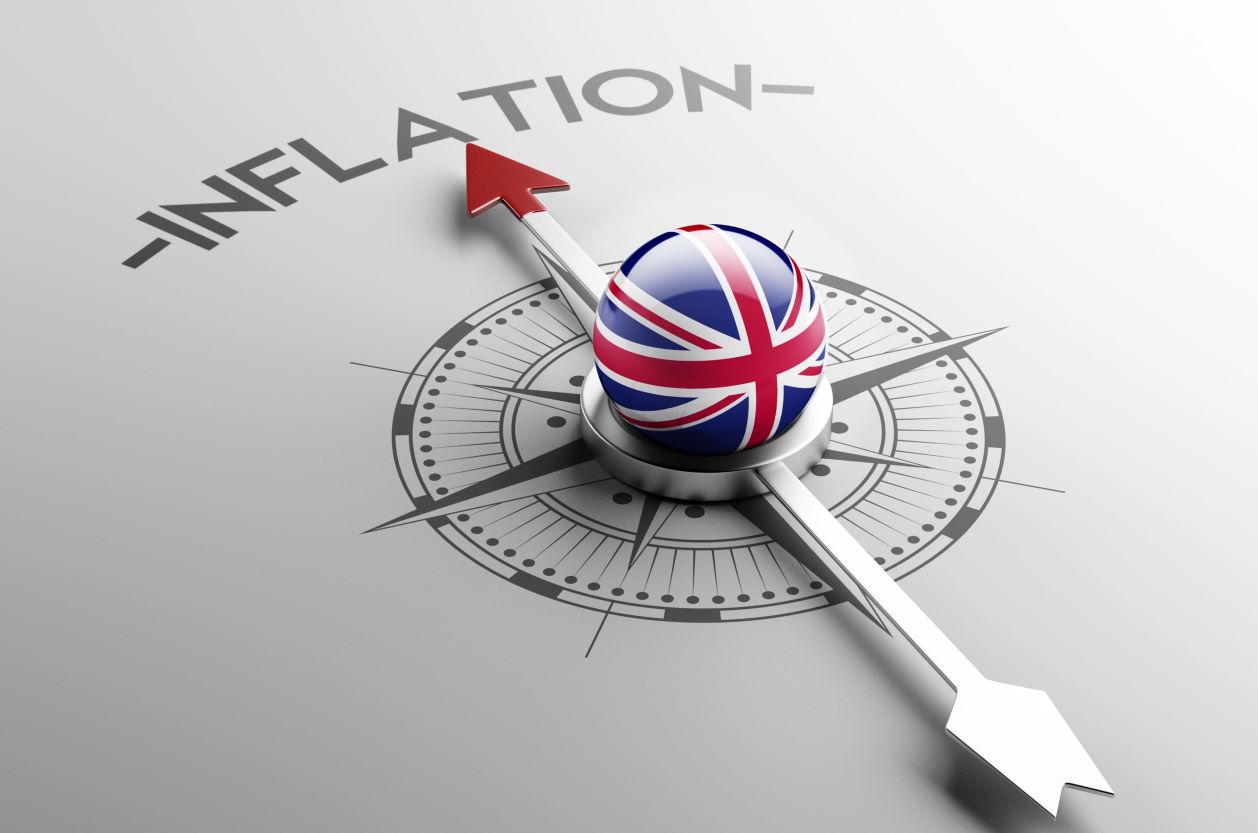Inflation Holds Steady at Four Per Cent, But is Set to Fall in Coming Months
 Pub. Date
Pub. Date
 Pub. Type
Pub. Type
Main points
- Annual consumer price inflation was 4.0 per cent in January 2024, unchanged from December 2023. This figure reflects upward contributions, such as in the housing and household services, and transport categories, being offset by downward contributions in categories such as furniture and household goods, and food and non-alcoholic beverages.
- NIESR’s measure of underlying inflation, which excludes 5 per cent of the highest and lowest price changes to eliminate volatility and separate the signal from the ‘noise’, fell to 4.9 per cent in January from 5.5 per cent in December. At the same time, core CPI remained unchanged at 5.1 per cent and services inflation rose marginally from 6.4 per cent in December to 6.5 per cent in January. These measures indicate that underlying inflationary pressures remain elevated – and well above the two per cent target.
- Today’s data represent a downward surprise in the CPI data and may signal that inflation is set to fall even faster than we projected throughout the first half of 2024, as base effects (largely energy price increases) ‘drop out’ of the CPI calculation. If true, we may begin to see the MPC cut rates in spring. However, given that indicators of underlying inflationary pressure remain quite elevated and the possibility of an escalation of the conflicts in the Middle East and Ukraine that could affect transport costs and commodity prices, the risks to inflation are on the upside – especially in the second half of 2024, where we may well see inflation rebound again (though nowhere near as high as the levels experienced in 2022 and 2023). In our recent UK Economic Outlook, published last week, we noted that the MPC will not want to cut rates prematurely and have to raise them again. Thus, we think that some caution will be exercised in monetary loosening, though it is most likely that we will see several rate cuts this year.
“Today’s ONS figures indicate that annual CPI inflation was 4.0 per cent in January, unchanged from December, as upward contributions, such as those from housing and household services, were offset by downward contributions, such as in furniture and household goods. This annual CPI inflation rate represents a downward surprise in inflation as our most recent UK Economic Outlook forecast a rise in CPI inflation in January, suggesting that there were less upward contributions to the monthly rate of inflation than expected. Given our forecast that inflation is set to fall throughout the remainder of the first half of 2024 due to base effects, today’s downward surprise may signal that inflation is set to fall even faster than we projected. However, this is unclear given today’s core inflation figure remaining unchanged at 5.1 per cent and services inflation rising to 6.5 per cent from 6.4 per cent in December, which indicate that underlying inflationary pressures remain elevated.”
Paula Bejarano Carbo
Economist, NIESR
For a breakdown of what inflation is and how it is calculated, read our blog post here.
